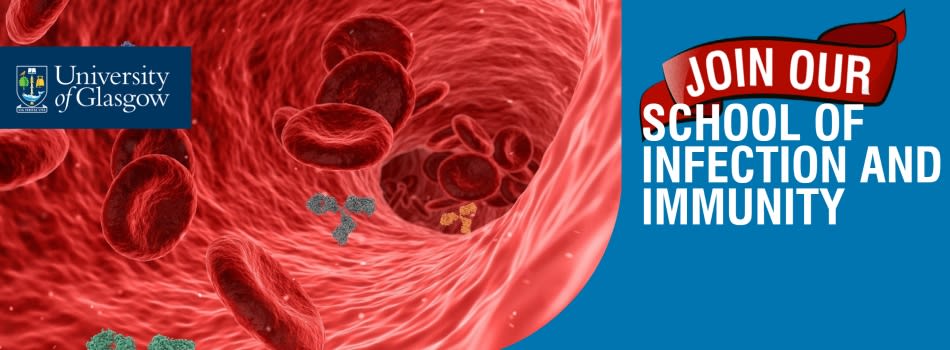Self-Funded PhD Opportunties
Understanding coordination of DNA replication initiation in the African trypanosome
DNA replication is a central cellular reaction, necessary for genome transmission and the propagation of life. To date, structural and mechanistic studies on DNA replication have focused mainly on a small number of eukaryotes, revealing conserved machinery and reactions. However, emerging data from Trypanosoma brucei, a diverged eukaryotic microbe and major parasite, suggest the machinery, timing and regulation of DNA replication initiation may be distinct from this generalized model. We hypothesise that assembly of the T. brucei DNA replication initiation machinery is deferred from the G1 phase of the cell cycle, as seen in all eukaryotes so far studied, and instead occurs during S phase.
APPLY NOW
Using microfluidics and flow cytometry to develop novel diagnostics for Leishmaniasis
The Leishmaniases are a group of neglected tropical diseases caused by >20 species of Leishmania parasites that are spread by >90 species of phlebotomine sand flies. 1 billion people in Africa, Asia, the Americas and the Mediterranean are at risk, with the poor and malnourished being disproportionately affected.This proposed PhD project will investigate whether microfluidic sorting can be adapted to sort Leishmania-infected white blood cells from non-infected cells.
APPLY NOW
Investigating the cell biology of Neoparamoeba perurans, a causative agent of Amoebic Gill Disease, and its endosymbiont kinetoplastid, Perkinsela
Amoebic gill disease (AGD), caused by the opportunistic amoebozoan parasite Neoparamoeba perurans, is a major disease in salmonid aquaculture [1-3] and there is an urgent need to mitigate the impact parasitic infections have on both fish welfare and sustainable growth in the sector. Despite its importance, the life cycle of N. perurans is not well understood, and little is known of how the amoeba or its endosymbiont Perkinsela replicate and divide throughout the life cycle. This project seeks to define the life and cell cycles of N. perurans and Perkinsela in detail using light, fluorescence and electron microscopy.
APPLY NOW
Understanding the regulation of inflammation by the ubiquitin system.
Inflammatory responses rely on an intricate network of signalling events, which ensure that cells respond appropriately to insults, such as infections, toxic compounds, or cell damage. These responses need to be tightly controlled to prevent over- or under activation that could lead to disease. The ubiquitin pathway, which is a versatile post-translational protein modification system, is a major regulator of inflammatory signalling. This project aims to understand the molecular details of how the ubiquitin system regulates inflammation.
APPLY NOW
Investigating the molecular mechanisms underlying the cellular decision to initiate inflammation.
The ability of the innate immune system to discriminate between stimuli that pose little danger and those that threaten the host is a key determinant of human health. The concentration of microbial-associated molecules that activates an innate inflammatory response is determined by the activation threshold of key signalling pathways. This is an important mechanism used by innate immune cells to distinguish between threats that should be tolerated and those that require a strong inflammatory response. This project is based on our recent findings that the stability of TPL-2 (MAP3K8), a key activator of the mitogen activated protein kinase (MAPK) pathway, controls the cellular decision to respond to inflammatory stimuli. This project will investigate regulation and function of MAPKs in the nucleus during innate immune cell activation.
APPLY NOW

 Continue with Facebook
Continue with Facebook



